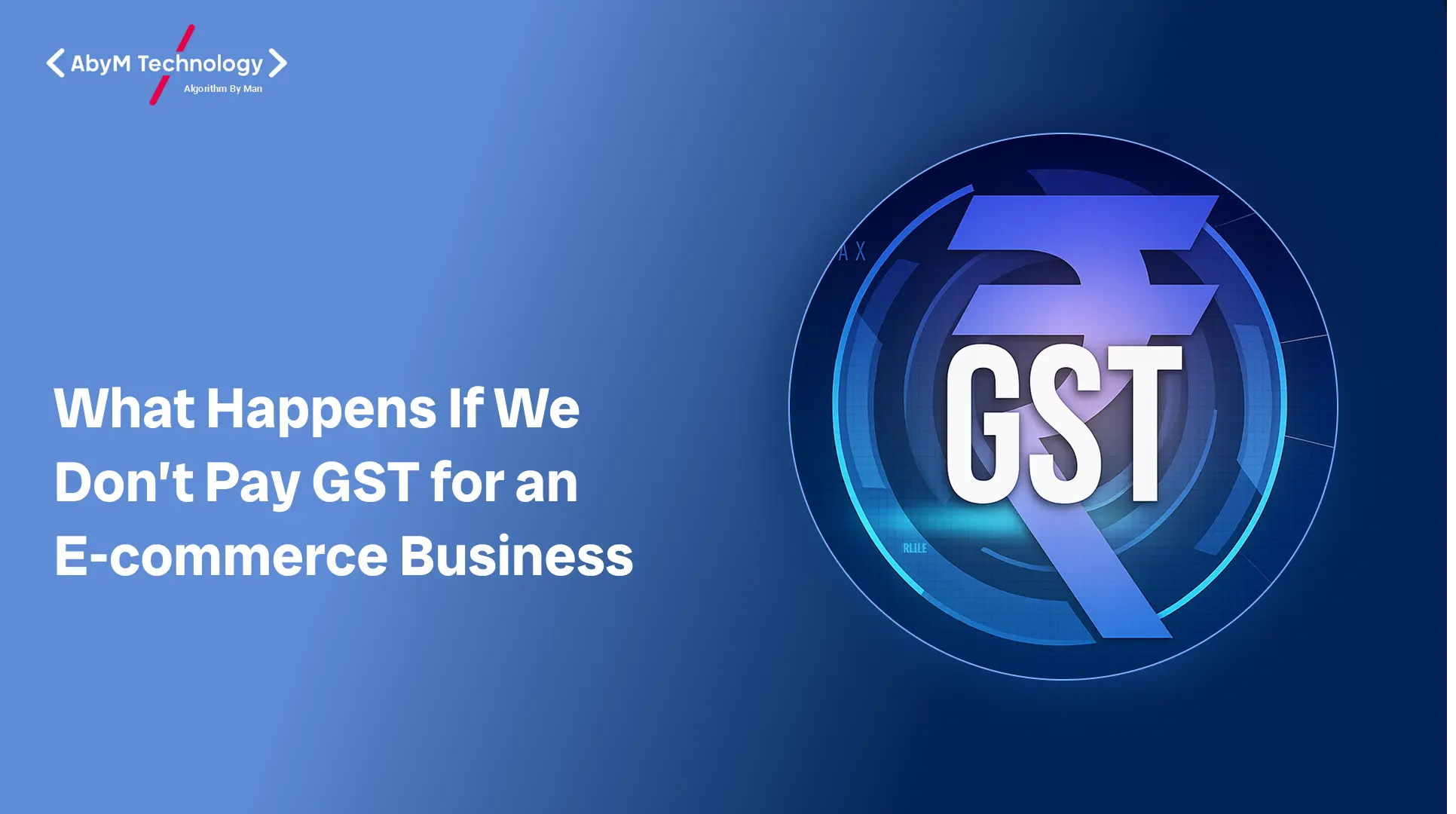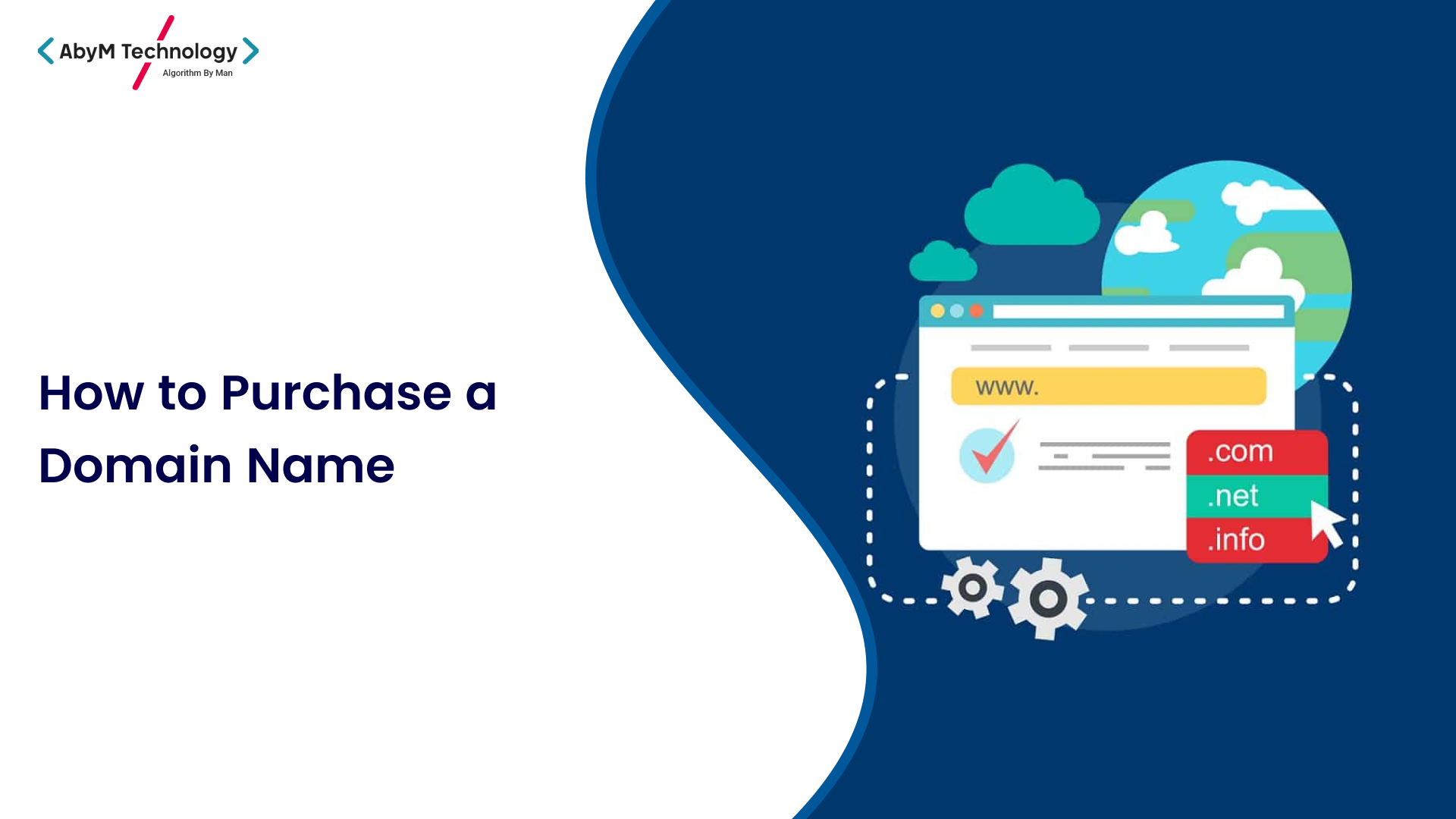What Happens If We Don’t Pay GST for an E-commerce Business

The Goods and Services Tax (GST) is a vital aspect of the Indian tax system, designed to streamline the process of taxation across industries, including e-commerce. If you own or operate an e-commerce business, understanding your GST obligations is essential. Failing to pay GST can lead to significant penalties, legal issues, and a tarnished reputation. In this blog, we’ll explore the consequences of not paying GST for an e-commerce business and why it’s critical to stay compliant.
Understanding GST and Its Role in E-commerce
GST is a value-added tax that is levied on the supply of goods and services in India. E-commerce businesses, which operate primarily online, are not exempt from this tax. They must adhere to GST regulations to ensure proper tax collection and payment. The tax rate varies depending on the product category and services provided, ranging from 0% to 28% for most goods and services.
E-commerce businesses are required to register for GST if their turnover exceeds the prescribed limit set by the government. Once registered, they must charge GST on their sales, file GST returns, and remit the collected tax to the government.
Failure to comply with GST regulations could result in severe penalties, legal consequences, and a loss of trust among customers and partners.
Consequences of Not Paying GST for E-commerce Businesses
-
Heavy Penalties and Fines
One of the immediate consequences of not paying GST is the imposition of penalties and fines. The GST law provides for strict penalties in case of non-compliance. Under Section 122 of the CGST Act, a penalty of 10% of the tax due or a minimum of ₹10,000 can be imposed if a business fails to pay GST. In some cases, the penalty can be much higher, depending on the severity of the violation.
If the non-payment is deemed deliberate or fraudulent, the penalty may be increased. In addition to the penalty for non-payment, interest is also charged on the overdue tax amount. The interest rate is 18% per annum, which compounds over time, further increasing your liability.
-
Legal Action and Prosecution
Failure to pay GST may lead to legal actions taken against your business. In extreme cases, the government may initiate criminal proceedings under the GST Act, especially if there is evidence of tax evasion or fraudulent activity. In such situations, your business could face legal battles, and the owners or directors of the business may be subject to prosecution.
The legal consequences for non-payment of GST could include:
-
Imprisonment: The GST Act allows for imprisonment for serious offenses related to tax evasion, which could range from six months to five years depending on the case.
-
Seizure of Assets: The government has the authority to seize assets of a business that fails to pay GST, including inventory and bank accounts, to recover the due tax.
This not only impacts the financial health of your business but can also damage your personal reputation and hinder future business ventures.
-
Revocation of GST Registration
GST registration is mandatory for businesses with turnover above the specified threshold limit. If an e-commerce business fails to pay GST for a prolonged period, the GST authorities can suspend or revoke the business’s GST registration. This means that your business will no longer be authorized to collect GST from customers or avail of input tax credits.
The consequences of a revoked GST registration include:
-
Inability to Conduct Business: If your GST registration is canceled, you cannot conduct business legally under the GST regime. This will severely impact your ability to sell goods online, especially if you are operating on platforms like Amazon, Flipkart, or eBay, which require sellers to be GST-registered.
-
Loss of Input Tax Credit (ITC): Without valid GST registration, you lose the ability to claim input tax credit on your purchases, which could increase your business costs.
-
Damage to Reputation and Customer Trust
For e-commerce businesses, trust and reputation are critical for customer retention and growth. Customers expect a seamless shopping experience, which includes proper tax practices. If you fail to pay GST, your business could face negative publicity, leading to a loss of trust among your customers.
Some of the repercussions include:
-
Customer Complaints: If customers realize that you are not paying GST or adhering to proper tax practices, they may file complaints against your business, leading to a poor public image.
-
Loss of Business Partnerships: E-commerce platforms, vendors, and payment processors may sever their relationship with you if they find out that your business is not compliant with GST regulations.
-
Reduced Sales: E-commerce businesses that are known to violate tax laws can see a decline in sales as customers often look for reputable sellers who comply with all legal requirements.
-
Increased Scrutiny by Tax Authorities
The GST authorities are continuously monitoring e-commerce businesses to ensure compliance. If you fail to pay GST, your business will likely attract greater scrutiny from the tax department. This can lead to a detailed audit of your financial records, transactions, and documents, which could be time-consuming and stressful.
Additionally, your business may face:
-
Frequent Investigations: Continuous violations could prompt frequent audits and inspections, leading to disruptions in your operations.
-
Negative Impact on Future Compliance: A history of non-payment or late payment of GST could hinder your ability to get approved for certain tax incentives or government schemes in the future.
-
Interest on Late Payment
In addition to penalties and fines, businesses that fail to pay GST on time must also pay interest on the outstanding tax amount. The current interest rate is 18% per annum, calculated from the date the tax is due until the date it is paid. This interest compounds over time, significantly increasing your financial liabilities.
For example, if you owe ₹1 lakh in GST, and you fail to pay it for six months, the interest alone would amount to around ₹9,000 at 18% per annum, which can add up quickly.
How to Avoid GST Non-Payment Issues
The best way to avoid the consequences of not paying GST is to stay compliant with the regulations. Here are some key steps to ensure that you meet your GST obligations:
-
Register for GST: Ensure that your business is registered for GST if your turnover exceeds the prescribed limit. Without registration, you cannot legally collect GST from your customers.
-
Timely GST Payments: Pay your GST on time to avoid interest and penalties. The due date for GST payment is the 20th of every month, based on the previous month’s transactions.
-
Maintain Accurate Records: Keep detailed records of all your sales, purchases, and tax filings. This will make it easier to file GST returns and avoid discrepancies.
-
File GST Returns Regularly: File your GST returns regularly as per the prescribed schedule. Non-filing or late filing of GST returns is a common cause of penalties.
-
Consult a GST Professional: If you’re unsure about GST compliance, consult with a GST consultant or a Chartered Accountant (CA) who can help you navigate the complexities of GST laws.
Conclusion
Failing to pay GST as an e-commerce business can have far-reaching consequences, including financial penalties, legal action, and damage to your reputation. By ensuring timely GST payment, maintaining accurate records, and staying compliant with the law, you can avoid these risks and continue running your e-commerce business smoothly. It’s always better to proactively manage your GST obligations rather than facing the fallout of non-payment.
Being compliant with GST not only keeps your business safe but also builds trust with your customers and partners, ensuring long-term success in the competitive e-commerce space.










